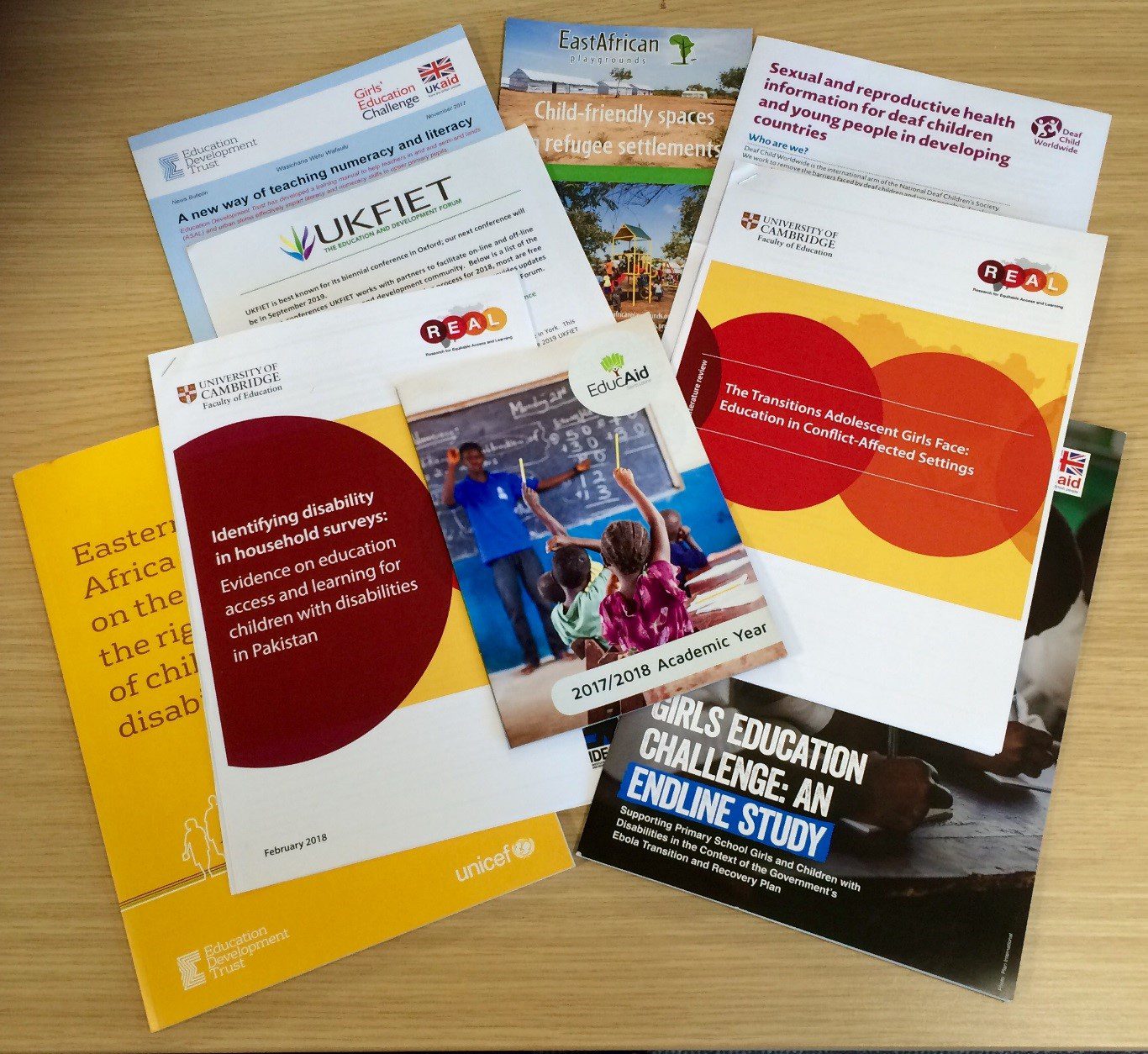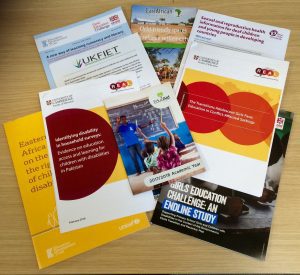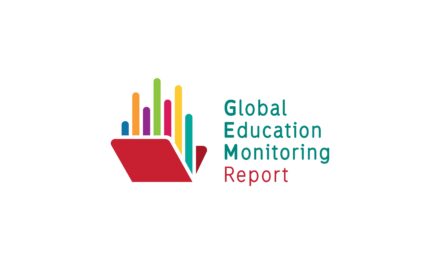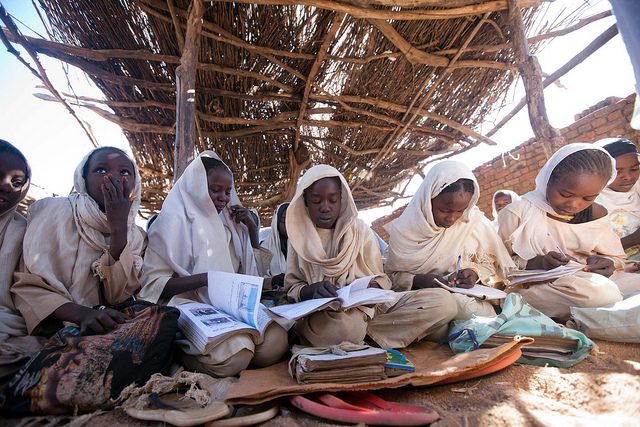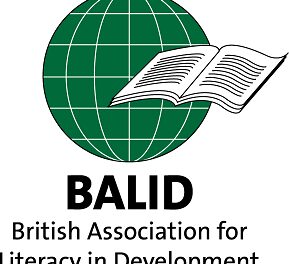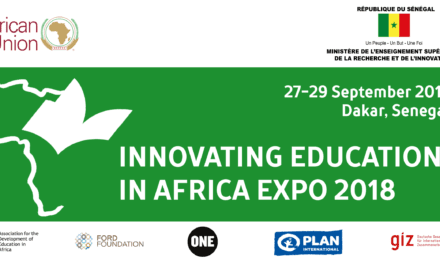Written by Grace Mooring, Assistant Project Manager at Cambridge Education
Earlier this month, I was lucky enough to get the chance to join this year’s Early Career Conference on education in international development. I would like to share some of my experiences from the day, for those who were not able to attend, but also for those who were present, and who took part in alternate sessions for the three timeslots where we were divided into groups.
The day started off with a ‘Marketplace’ networking session, with 13 organisations represented, including donors, research institutes, forums, consultancies, and not-for-profit ventures, all with a focus on international education. The 45 minutes allowed for this networking opportunity went by very quickly, and with so many people with shared interests present, the room was quickly full of the sounds of introductions being made, booklets swapped, and eager discussions. Attached is a photo of some of the reading I picked up during this session:
For the rest of the day, there were a series of talks and panel discussions. One which I would like to share from the Thematic Table Discussions is:
Disability and Education, Nidhi Singal, REAL Centre, University of Cambridge
Nidhi Singal has 10-plus years of experience in the field of addressing education inequality among marginalised groups in the global South. In this session, Nidhi introduced some of the key concepts in education and disability, including the medical, social and bio-social-psycho models of disability. She also reflected on how the discourse around disability has changed over the past decade, and how our conceptions have evolved along with the language we use. Nidhi emphasised that disability, and understandings of disability are not homogenous. We often (wrongly) assume that there is a universal understanding of disability, and transfer this to local contexts without finding out how people in those places perceive disability.
While discussing the difficulty of defining disability, and particularly attempts to quantify the prevalence of disability, Nidhi noted the importance of the Washington Group Surveys. These four question sets were formulated to be used in censuses and surveys, and focus on functioning in basic actions, such as seeing, communicating, and self-care. The questions are designed to identify individuals at increased risk of experiencing barriers to education, employment or other forms of social participation, and to provide comparable data across populations, regardless of nationality, economic resources, or culture.
Despite the growing body of data on disability prevalence, Nidhi noted that not enough of this research links disability to learning or school access.
Nidhi then initiated a discussion on commonly held misconceptions and myths surrounding disability, using examples from India and interrogating our own views.
Myth 1: Children with disabilities are not in school
- In fact, in India, there has been a steady increase in children with disabilities entering school. The number of children with moderate to severe disabilities who are never enrolled in school at all is now less than 5%. However, the challenge is to keep them in school, maintain their attendance levels, support them to transition from primary to secondary school and preventing drop-out.
Myth 2: Children with disabilities are not expected to go to school
- There is a growing demand in low and middle-income countries for education to be available for children with disabilities.
Myth 3: A lack of resources makes it hard or impossible to make schools accessible for children with disabilities
- In India, every single school has a ramp for accessibility and other access to assistive devices. A lack of resources is not as great a barrier as it is perceived to be.
Myth 4: Teachers do not want students with disabilities in their classrooms.
- There is evidence that in fact, teachers often act as advocates and enablers of children with disabilities. They often need extra support, rather than just ‘awareness raising’ training.
Some take-home points from this talk:
- Being in school reduces, but does not eliminate the learning gap for children with disabilities.
- Studies show that access to education, although it may not lead directly to jobs for people with disabilities, is key to enabling people to live with dignity and feel valued in society.
- There has never been more international enthusiasm for supporting education for children and people with disabilities, and we need to make the most of this opportunity.
- However, the debate around disability and education needs to be problematised, and it is time to move beyond awareness raising and support aids.
For more information, please visit the REAL centre website at the University of Cambridge or twitter accounts: @REAL_Centre or @nsingal14
I would like to thank all the other speakers and participants who made the day so engaging and inspiring.

